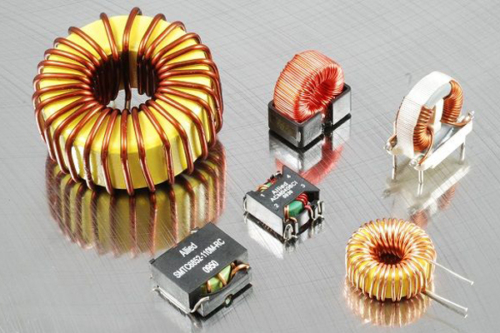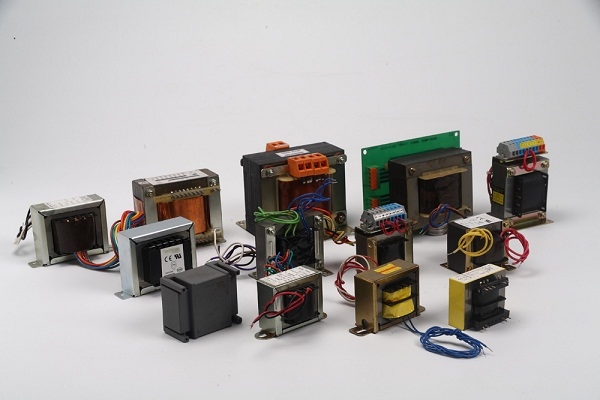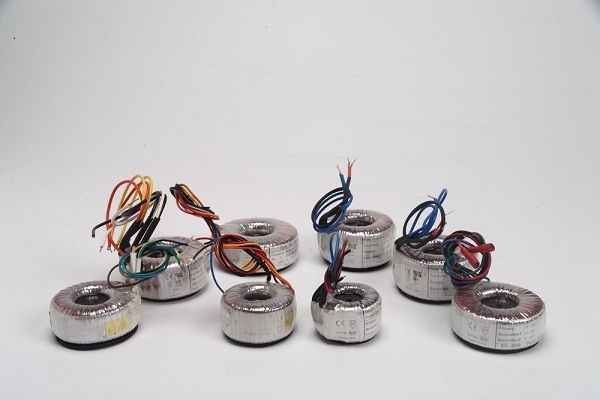In electronics, a choke filter is an inductive element used to block AC-frequency current when DC current passes through an electrical circuit. The choke usually consists of an insulating coil wrapped around a magnetic core. Some types of chokes have a circular nut made of iron oxide. The apparent resistance of the choke increases with frequency. At low electrical resistances, both AC and DC frequencies pass through it, but they also have the ability to limit the passage of AC frequencies. In fact, the term choke is used when an inductive medium is used to block or parse higher frequencies.
Three-phase choke is used for harmonic filtering in capacitor banks to prevent resonance and bursting of capacitors.
Chokes are divided into two categories: Audio Frequency Chokes (AFC), designed to block audio frequencies and currents while allowing DC, and Radio Frequency Chokes (RFCs), designed to block Passing radio frequencies while allowing DC audio frequencies and currents to pass.
The most common model of choke, in which two coils are located on a single core, is this type of choke to prevent electromagnetic interference (EMI) and radio frequency interference (RFI) from power lines and to prevent breakdown. Electronic equipment is useful.




